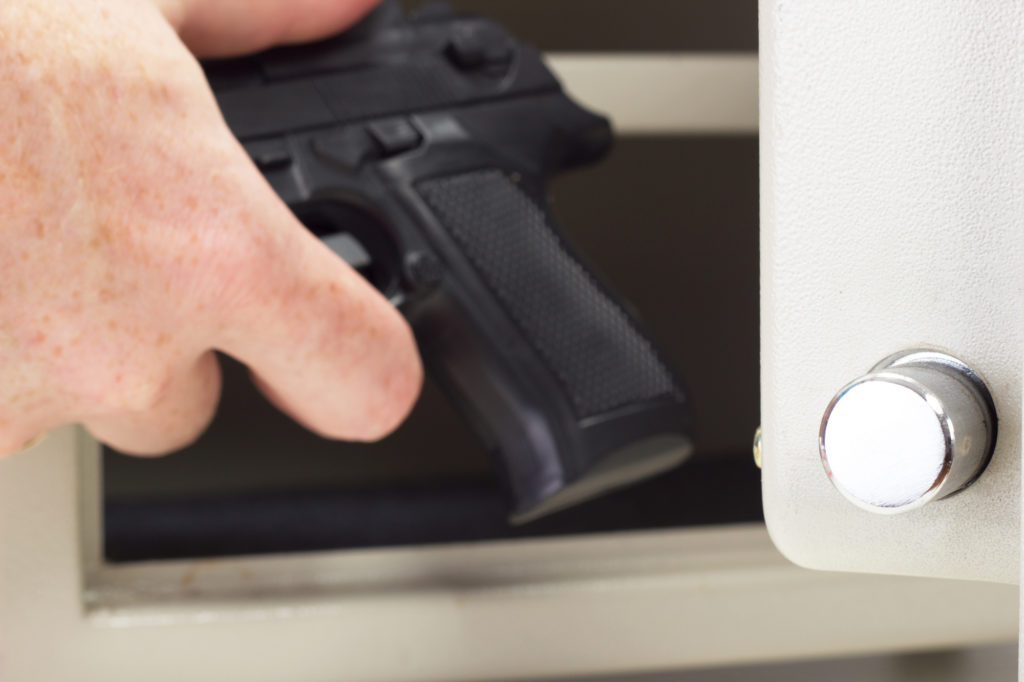It may not be a coincidence that I have seen multiple news items recently that relate to a third-party, concerned citizen acting as a Good Samaritan and intervening when they witness what appears to be an attack or act of violence (Scientific American – Should You Intervene in a Bias Attack?). When you factor in issues regarding concealed carry of a firearm, this moral conundrum becomes even more pronounced.
A long time ago I found myself in just such a situation (albeit far less dangerous). In the former Crossroads Mall in Salt Lake City, I was eating in the food court alone one afternoon. A mother with a couple of small children was also there, and she had her hands full. The younger child – really just a toddler – was quite fussy. Another adult man took issue with the crying child and started berating the young family, telling the mom to “shut that kid up”. As much as my heart had compassion for the distressed child and its mother, it quickly turned to indignation toward this unnecessary verbal attack, and I intervened. Turns out all it took was a few stern words from me to chase the other guy away, but I am well aware that if this man had been more than just angry bluster, I might have ended up creating a greater danger for myself, the mother, and her children.
Utah law justifies the use of force in defense of a third person, but allows force that is potentially lethal only if the unlawful attack could reasonably cause serious bodily injury or death to the victim (Utah Code 76-2-402). In simpler terms, one is allowed to use potentially lethal force ONLY in order to PREVENT potentially lethal force. But whether or not you are carrying a firearm for personal protection, and even if the law would probably justify your actions, is it still the smart thing to do, to intervene in what appears to be an attack?
Very often, as concealed firearm carriers begin to gain confidence in their ability to prevail against an unlawful attack, so does their sense of invincibility. This is a dangerous temptation to succumb to. In my classes I make a point to say “a Concealed Firearm Permit is NOT a super-hero card”. A simple internet search quickly confirms that for every Jason Falconer (CNN – Man who ended Minnesota mall attack a reluctant hero), there are many more Isidro Zarates (A Good Samaritan – Isidros Story).
Beehive Defense strongly recommends the approach taught by Rob Pincus (PDN Good Samaritan Checklist). Have a checklist ahead of time. Rob’s list includes:
1. Do you really know what is going on?
2. Are you confident your involvement will make things better?
3. What is the least you can do?
I strongly encourage you to read the article referenced above for a more detailed discussion of each of these point. A Utah Concealed Firearm Permit class taught by a Beehive Defense instructor will also discuss similar issues.
There are some individuals, maybe some who are even well known instructors, who vociferously advocate for intervention. I definitely empathize with a desire to protect others. However, I wonder if there isn’t a self-serving motivation that aims to rationalize their own delusions of grandeur. While respecting that the decision for intervention is a deeply personal one, Beehive Defense strongly encourages extensive training that extends far beyond mere gun handling and marksmanship, before ever suggesting an individual consider injecting themselves into a potentially violent situation.

